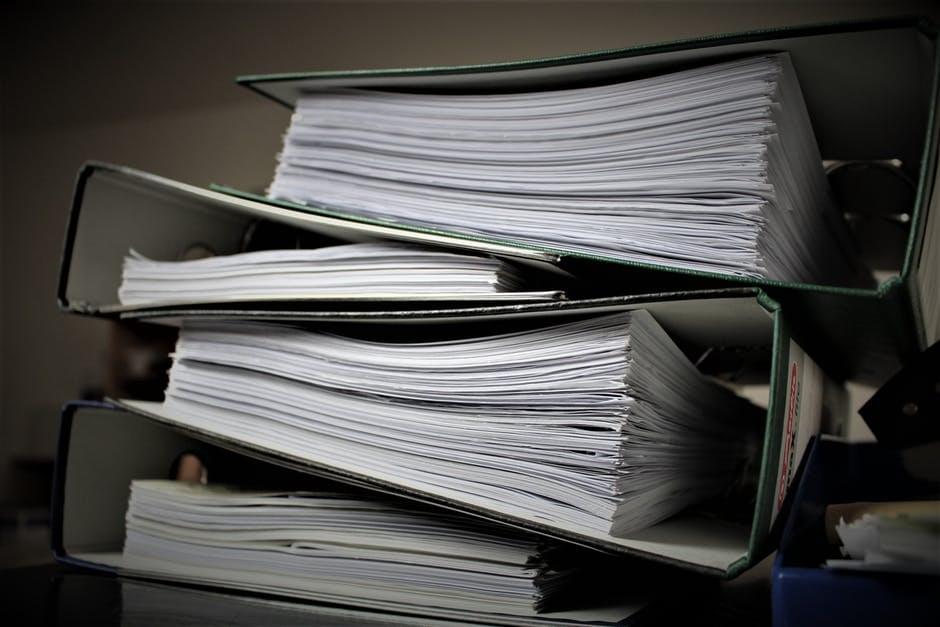Wondering what kind of business records you should be keeping as a small business? Here are 6 things every business must keep track of for tax purposes.

While running a small business can keep you busy, preparing for tax time gives you another challenge. If you haven’t kept accurate and updated business records, you could run into more headaches.
To properly determine your business’s profit or loss, you’ll need to have documents that show all your sources of income, any purchases made, and any expenses. You’ll also need to report changes in any property you own as well as finances related to hiring your staff.
Read on to learn six types of business records you must keep as a small business owner.
Documentation showing income received will differ depending on the type of business you run. But you can often rely on deposits shown on bank statements, invoices, and cash register tapes.
If you’re an independent contractor, you may also receive IRS Form 1099-MISC from one or more clients. This will report your non-employee compensation.
As a business owner, you’ll likely have expenses for your office, supplies, travel, utilities, equipment, labor, insurance, and other items.
Invoices, receipts, and credit card statements are all helpful documentation you should keep. Other examples include canceled checks and statements from online purchasing platforms like PayPal.
Your business should have at least the last three years of tax returns. Not only might you refer to it when completing future returns, but it can come in handy if the IRS audits you or asks you about an item on the return.
Your past tax returns also have your business’s profit-and-loss statement. You can compare this to other years for tax planning purposes.
If you hire independent contractors or regular employees, you’ll need to keep the important documents that show the money paid to them along with any taxes paid.
You’ll issue and maintain W-2 forms for part-time and full-time employees, so it helps to learn about W2 Forms. You’ll also need to issue and keep IRS Form 1099-MISC for contractors who reach the $600 threshold.
The IRS will ask about the property, machinery, and other items you’ve purchased for long-term business use. Keep any documents showing when you bought these assets and how much they originally cost.
You’ll also need to keep records of any sales and disposals as well as regular depreciation.
If you operate a business like a store or manufacturing company, you’d buy parts and materials to build your products, or you buy finished items to resell. In either case, you’ll need to keep checks, receipts, invoices, and bank statements that show materials purchases.
Keep These Important Business Records
Both for the purposes of tax preparation and financial management, keep these business records for at least three years after you file your taxes. The IRS recommends extending the period to six or seven years for issues like unreported income or bad debts.
If you worry about maintaining a stack of paper at your business, consider using the digital option. You can often get electronic versions from your accountant. You can also scan documents to your computer or to a secure cloud service.
Click here for title loan information.
Innam Dustgir's journey from freelancing to becoming the CEO of three highly successful IT companies…
California has a big vision for the future of clean energy. This year, renewable energy…
The loss of a tooth can affect more than just your smile—it can impede on…
Imagine a young mother of two suddenly loses her husband in a tragic accident. The…
California, known for its diverse economy and thriving tech industry, is a hotbed for innovation.…
As a violinist, I can't stress enough how crucial a top-notch case is in the…